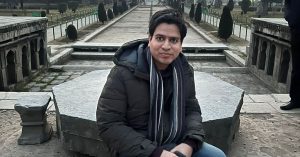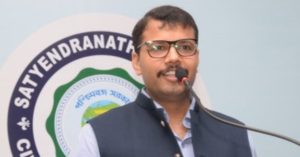IAS Officer Saloni Sidana Shares Strategy For Cracking UPSC CSE in First Attempt
Dr Saloni Sidana pursued civil services after completing her MBBS. She aced UPSC CSE, securing 74th rank in her first attempt. Serving as Mandla's district collector in Madhya Pradesh, she recently went viral for spending only Rs 500 on her wedding.
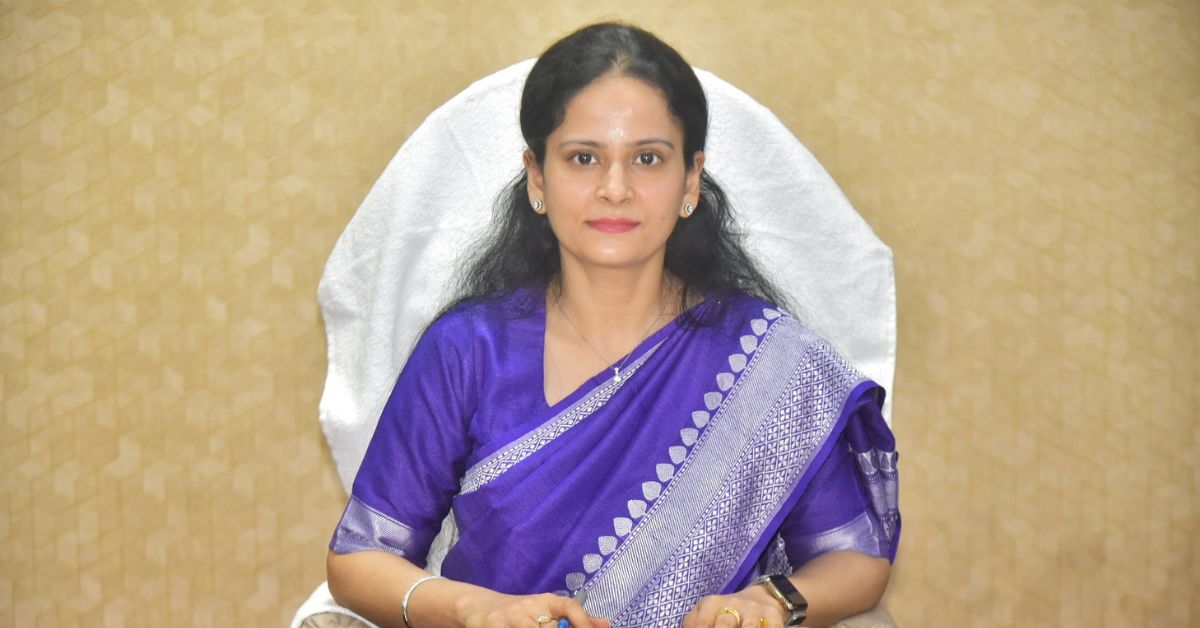
Presently posted as the district collector of Mandla in Madhya Pradesh, becoming an IAS officer was never a life-long dream for Saloni Sidana.
A doctor by education, she completed her MBBS from Delhi’s Lady Hardinge Medical College in 2012. Before preparing for the UPSC CSE (Union Public Service Commission Civil Services Exam), Saloni received an opportunity to move abroad for higher studies. However, she chose to stay in India.
“This is when my father suggested that I appear for the UPSC examination,” Saloni, who hails from Jalalabad town in Punjab, tells The Better India.
Talking about her motivation to pursue a career being a civil servant, she says, “I still value the profession of a doctor. The commonality between the two jobs [doctors and civil servants] is that you deal with people. Unlike many other professions where you have a desk job, being a doctor allowed me to deal directly with people, which is the same after you become a public servant.”
“Also, UPSC allows you to broaden your knowledge horizon. If I had been just a doctor, I would have not read geography, civics, or economics. During preparation, I got to know about my country in detail. This is the beauty of the exam,” says the 35-year-old, who did not take medicine as her optional but a new subject — law.
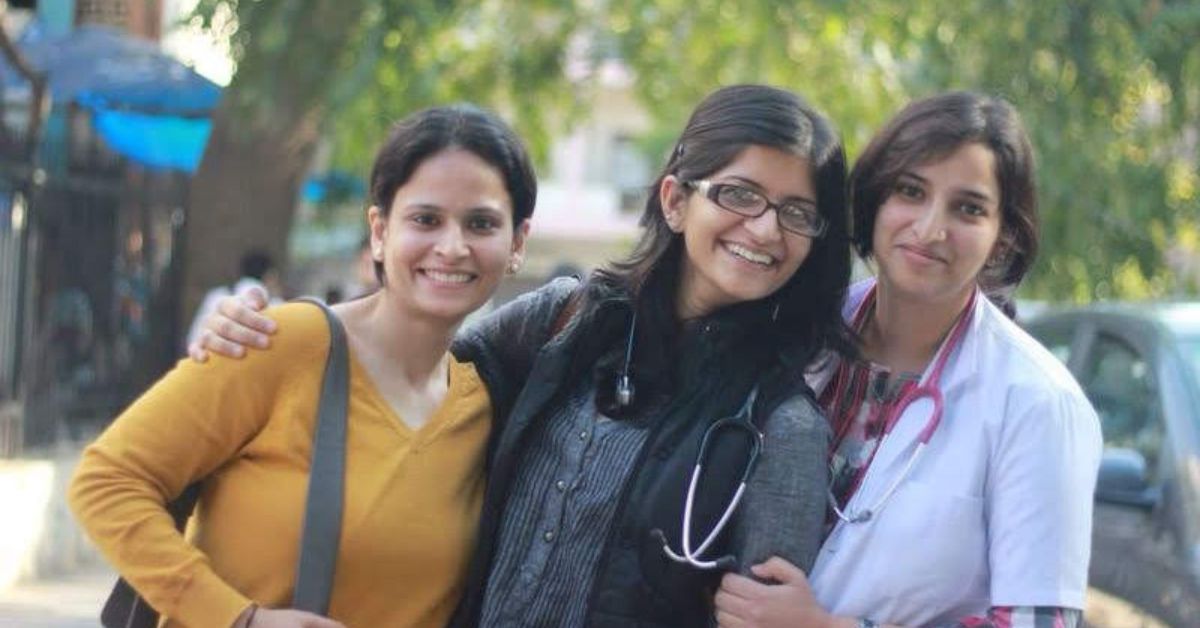
Saloni’s quest for knowledge helped her crack the UPSC examination on her very first attempt. With a year’s preparation, she was able to achieve an All India Rank of 74.
Initially, Saloni was allocated to the Andhra Pradesh cadre. Post her marriage with IAS Ashish Vashishta, she joined the Madhya Pradesh cadre. For their marriage, Saloni paid a court fee of Rs 500 and reported to work within two days. She has been praised for her simplicity.
The 2014-batch IAS officer shares her strategy for the first-time aspirants:
Do not follow what everyone else does
The IAS officer advises UPSC aspirants to not follow a blanket approach.
“Figure out what works out best for you. You need to have a very customised approach for yourself. Some people prefer studying in groups, some prefer to study alone in a room. That is totally okay,” she adds.
Be consistent
Given Saloni had roughly a year for preparation, she chose to be consistent in her preparation.
“Preparing for UPSC is not a 100-metre race. It is a marathon. Here, you have to study for at least a whole year. You cannot have abrupt moments of very extensive study and then go into a shell,” she opines.
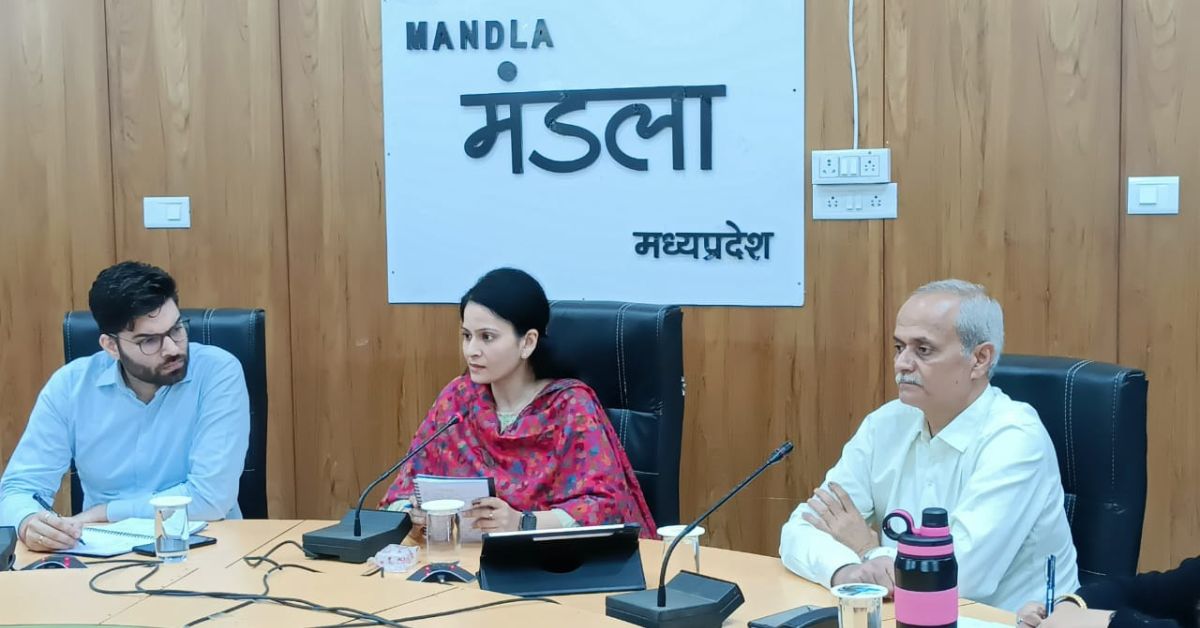
Unlike most aspirants, Saloni says, she was not obsessed with the preparation. “I was very dedicated and sincere to my preparation, but at the same time, I was relaxed and not stressed,” she adds.
What helped her crack the examination in the very first attempt, Saloni says, was her consistency.
“Every day, I would dedicate around six to eight hours to preparation. There was not a single day when I took an off. Usually, some people study for 12 hours one day and then waste time sleeping for the entire next day. I didn’t do that,” she says.
Seek guidance
“There is nothing wrong if you want to take support from coaching. Personally, I preferred joining a coaching institute where they had very less aspirants, instead of going to a class of 400,” says Saloni.
“I only had five months to appear for prelims. I would seclude myself in a library, away from the chaos of aspirants who keep advising others to follow this or that approach,” she adds.
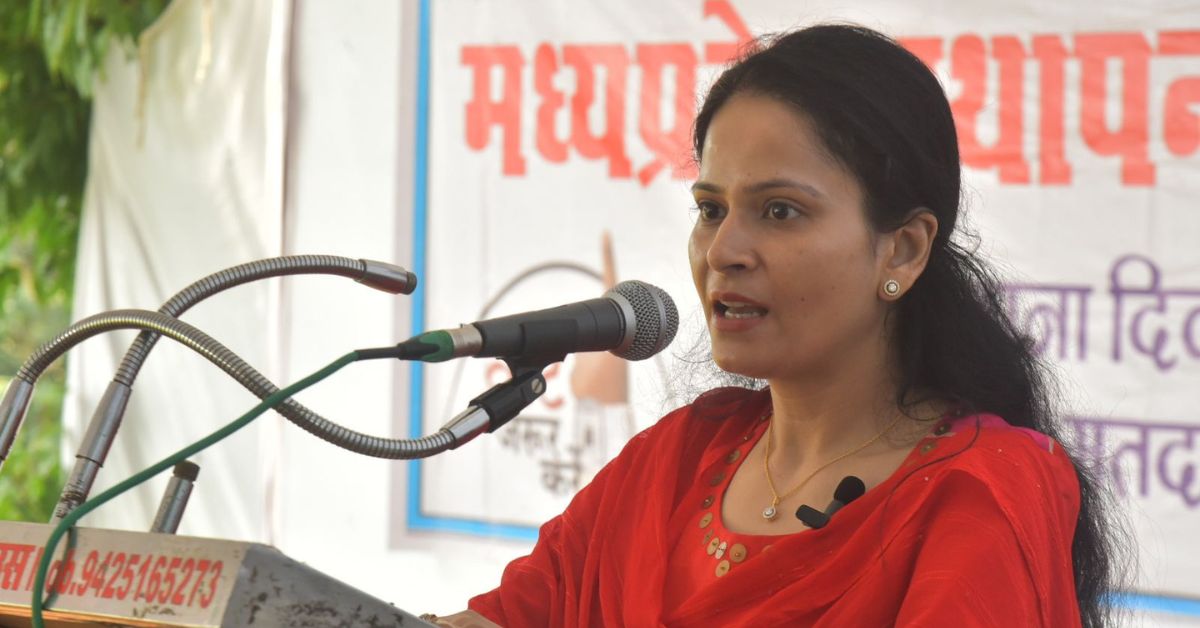
Live in your comfort zone a month before the exam
Saloni says that she moved to her comfort zone — her home — in the last month before appearing for the examination.
“I did not want to get influenced by anyone. I restricted talking to other aspirants. I only talked to friends from medicine, my teachers, and family members,” she says.
“In this period, I focussed on revising the old content instead of learning new topics. Also, I would give mock papers once every three days. I would dedicate one whole day to analysing the mock paper,” she adds.
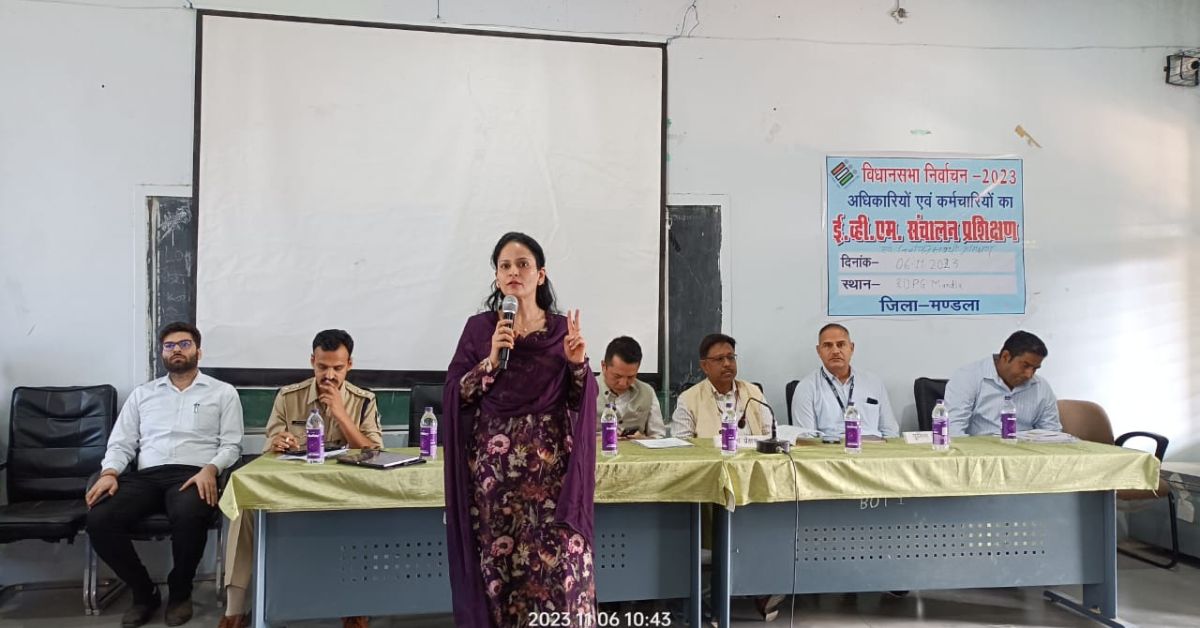
Saloni stressed that giving more mocks does not help if aspirants do not analyse them. “Ultimately, their purpose is to teach you from your mistakes. The whole exercise is futile if you do not analyse them,” she points out.
How to craft a powerful essay
UPSC examination tests not only the content of your essay but also your writing skills, the flow of ideas, and how aspirants weave it all together. Saloni says acing essay writing does not happen in a single day.
Sharing her strategy, the IAS officer says, “I wondered what kind of writing engages me as a reader. I would read the editorial section of The Hindu and write down my inference in the form of a story.”
“I incorporated that same style in my answer writing. Your essay should be crisp, engaging, and backed by facts. You can also include flowcharts to make answers interesting,” she adds.
No fancy answers in the interview
The IAS officer says she did not give any fancy answers to the interviewers. “I was just myself”
She shares an instance from her interview. “I am a state-level silver medalist in taekwondo. I remember I was told that I looked so fragile and that it did not look like I could practice taekwondo. I politely said that strength matters more than physical appearance. I was not like ‘Oh, my god, sir, it’s all about willpower’,” she laughs. If you found our stories insightful, informative, or even just enjoyable, we invite you to consider making a voluntary payment to support the work we do at The Better India. Your contribution helps us continue producing quality content that educates, inspires, and drives positive change. Choose one of the payment options below for your contribution- By paying for the stories you value, you directly contribute to sustaining our efforts focused on making a difference in the world. Together, let’s ensure that impactful stories continue to be told and shared, enriching lives and communities alike. Thank you for your support. Here are some frequently asked questions you might find helpful to know why you are contributing?

“They are too senior; they understand when you are not being yourself. They do not appreciate it,” adds Saloni.
Edited by Pranita Bhat; All photos: Mandla District Collectorate Facebook, Saloni Sidana
This story made me
-
97
-
121
-
89
-
167




